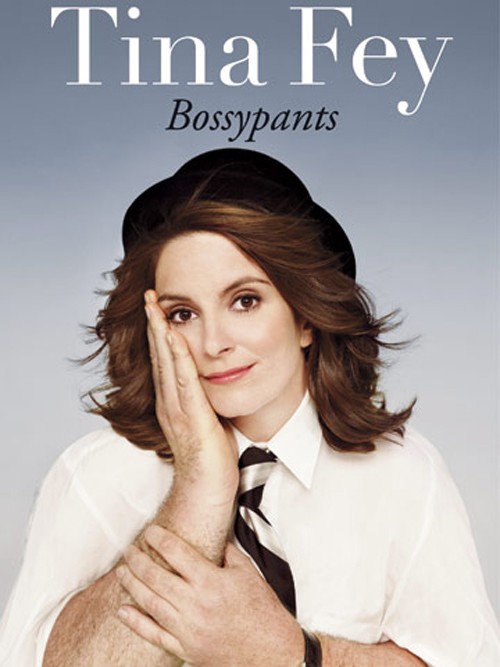I usually hesitate before reading biographies by people I really, really love out of fear that they’ll either be horrible writers, or that they’ll reveal their true identities as jerky, out-of-touch celebrities. Luckily, Tina Fey’s “”Bossypants”” confirmed neither of these fears. An introspective memoir, “”Bossypants”” reads like a long, friendly lunch with Fey herself. It’s quick-witted, sarcastic, at times plainly human and always hilarious.
Fey begins “”Bossypants”” by highlighting her hilarious summers as a ticket taker at a youth theater/gay teen safehaven in Upper Darby, Pa., where she discovered her love of acting and the theater. She describes her awkward, sexless college years, her grim days working at the local YMCA, her comedy beginnings at The Second City in Chicago and her time writing for “”Saturday Night Live.”” The book is also full of what she calls “”unsolicited advice,”” which Fey gathered from her struggle to “”man up”” in various aspects of her life. She devotes an entire chapter to addressing her haters on the Internet, responding to them in a “”Dear Abby”” fashion. And for the many avid “”30 Rock”” fans that are bound to have bought this book, Fey doesn’t disappoint. She offers insight into the frightening process of creating her own show, writing the part of conservative, mega-rich GE exec Jack Donaghy for brashly liberal Alec Baldwin, working with Tracy Morgan/Jordan and having little-to-no faith in the show that ultimately became a favorite of critics and hipsters.
What I enjoyed most about “”Bossypants,”” though, is the element that gave it its title — Fey’s success in a business that is almost unequivocally confirmed as a man’s world. When looking back on her first interview to be a writer for “”SNL”” in 1997, she remarks, “”Only in comedy does an obedient white girl from the suburbs count as diversity.”” This thread is strong throughout “”Bossypants,”” but is pleasantly free of bitterness. She simply accepts the misogynistic nature of the business as a status quo that must be changed. Fey is headstrong, opinionated and forward. When the stress and strain gets to her, Fey reminds herself and her audience that she feels the need to get to the top not for the success, but to provide opportunities for other intelligent and innovative women. And also a little bit for the success.









